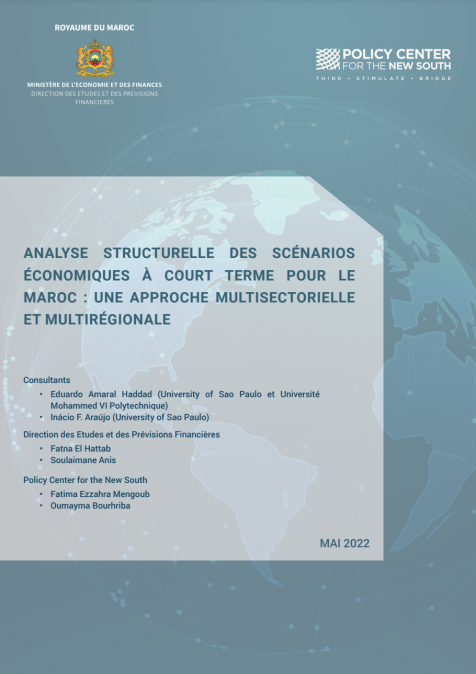Les Mardis du PCNS 02/03/2021 : انعكاسات القطاع غير المهيكل على الاقتصاد المغربي
خصص مركز السياسات من أجل الجنوب الجديد حلقته الاسبوعية لحديث الثلاثاء لمناقشة انعكاسات القطاع غير المهيكل على الاقتصاد المغربي رفقة نجيب صومعي، خبير اقتصادي وعضو ب The Economist Intelligence Unit البريطانية. بينما تم تطوير استراتيجيات متعددة لتحسين البيئة المؤسسية والاقتصادية والمالية في تقليص حجم الاقتصاد غير المهيكل، لا يزال استمرار الأنشطة غير المهيكلة يتطلب إصلاحات هيكلية إضافية. وتقدر دراسة أجراها بنك المغرب أن وزن القطاع غير المهيكل بلغ 31.3٪ من الناتج المحلي الإجمالي خلال الفترة 2000 و2017. هذا الحجم، الذي لا يزال كبيرًا جدًا، انخفض بشكل ملحوظ خلال العقود الثلاثة الماضية، من 40٪ بين عامي 1988 و1998، إلى 34٪ بين عامي 2009 و2018، وانخفض إلى حوالي 30٪ اليوم. فما هي أبرز الاتجاهات والتطورات في هذا القطاع؟ وفقًا لمنظمة العمل الدولية، تمثل العمالة غير المهيكلة 80٪ من إجمالي العمالة في المغرب، وهو مستوى مرتفع جدًا مقارنة ببلدان منطقة الشرق الأوسط وشمال إفريقيا (67٪). ما هو تأثير السمة غير الرسمية أو المهيكلة على النمو والتوظيف في القطاع الرسمي; ما هي السبل الكفيلة بتقليل ثقل القطاع غير المهيكل في الاقتصاد؟ كيف يمكن خلق اقتصاد مُنتج في البلد قادر على الصمود أمام الصدمات الخارجية المستقبلية؟







